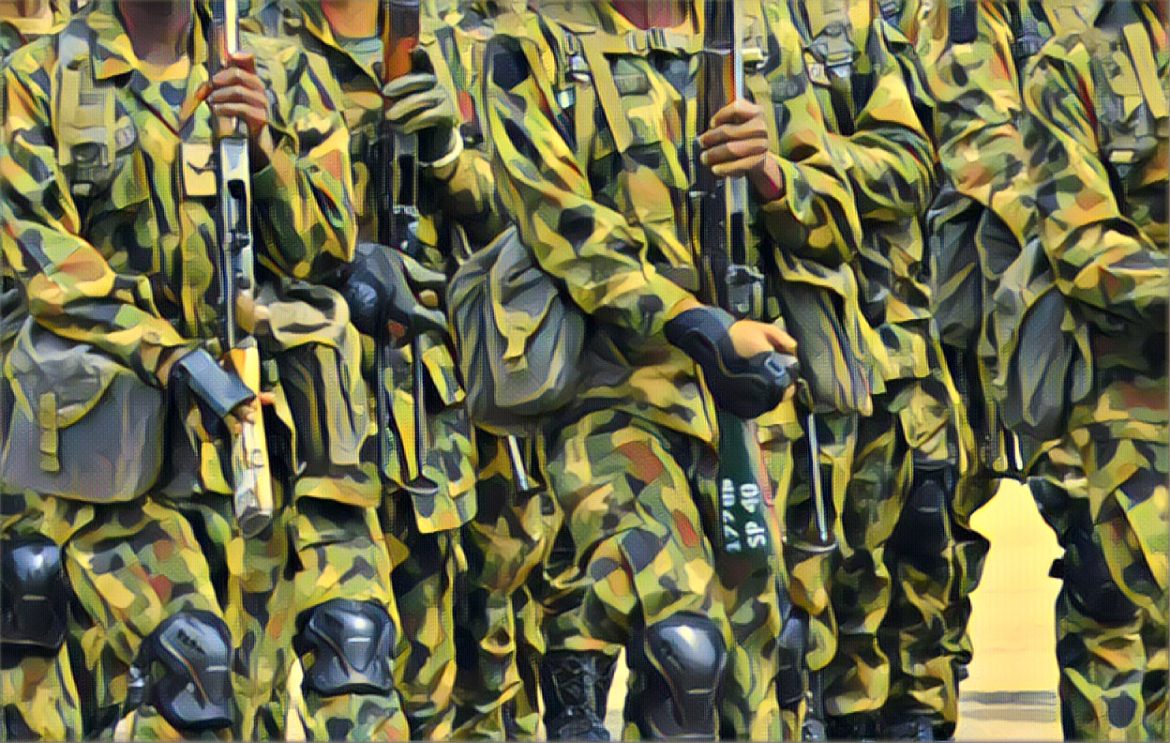The Nigerian Army has announced its intention to collaborate with the Nigerian Association of Women Journalists (NAWOJ) in Oyo State to sensitise students in schools on the dangers of drug abuse, sexual harassment and other social vices. The General Officer Commanding (GOC) 2 Division, Major General Bamidele Alabi, made this known while receiving the executives and members of NAWOJ at the Headquarters 2 Division Conference Hall in Ibadan.
According to the GOC, the army is committed to the security and well-being of the country and its citizens, especially the youth who are the future leaders. He said the army sees journalists as partners in progress and appreciates the role they play in informing and educating the public. He also noted that the army is facing more internal security challenges than cross-border threats and called for joint efforts to combat the menace.
The chairperson of NAWOJ in Oyo State, Comrade Jadesola Ajibola, said the purpose of the visit was to familiarise the association with the 2 Division and seek a robust partnership. She commended the GOC for the efforts of the Nigerian Army in the recent off-cycle elections and expressed the desire of NAWOJ to enlighten students of Army Day School and other schools in the state on issues affecting the girl-child and society at large.
The collaboration between the army and NAWOJ is a welcome development as the problem of drug abuse and sexual violence among students is becoming a public health concern in Nigeria. According to the National Bureau of Statistics, the prevalence of drug abuse among youths aged 15 to 64 years was 14.4% in 2023, higher than the global average of 5.6%. The most commonly abused drugs were cannabis, opioids, cough syrups, tranquillizers and stimulants. The report also revealed that the main sources of obtaining drugs were pharmacies, patent medicine vendors, friends, drug dealers and the internet.
Similarly, the prevalence of sexual violence among students was alarming, as a survey by the Africa Polling Institute in 2023 showed that 28% of female students and 16% of male students had experienced sexual harassment or assault in tertiary institutions. The survey also identified lecturers, fellow students, non-academic staff and strangers as the perpetrators of sexual violence. The survey recommended that the government should enact and enforce laws to protect students from sexual abuse and provide support services for victims.
The sensitisation programme by the army and NAWOJ is expected to raise awareness and educate students on the negative effects of drug abuse and sexual violence on their health, education and future. It is also hoped that the programme will empower students to resist peer pressure, report cases of abuse and seek help when needed. The programme is a positive step towards creating a safer and healthier environment for students and society at large.
Source: Tribune Online


